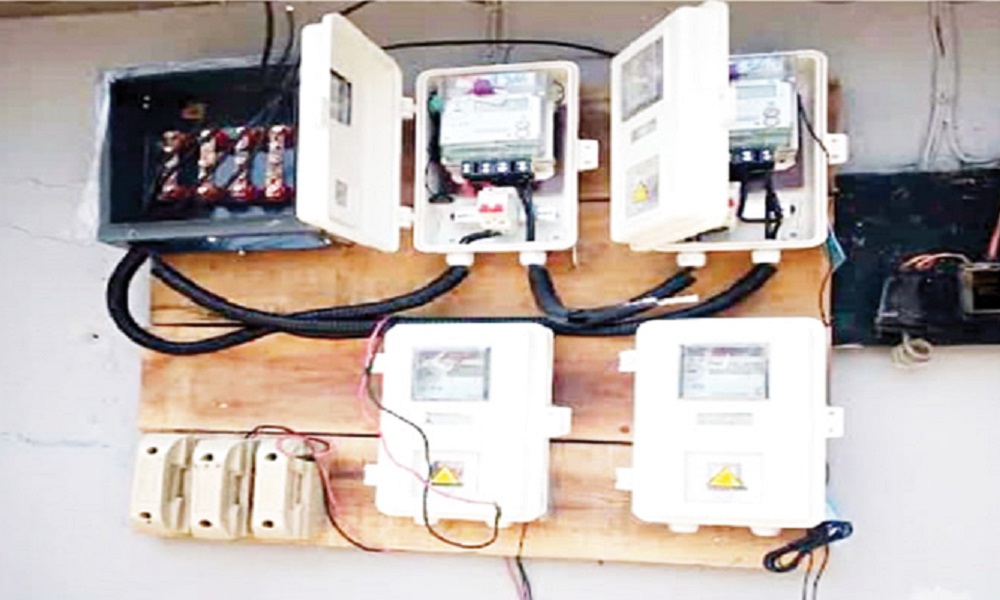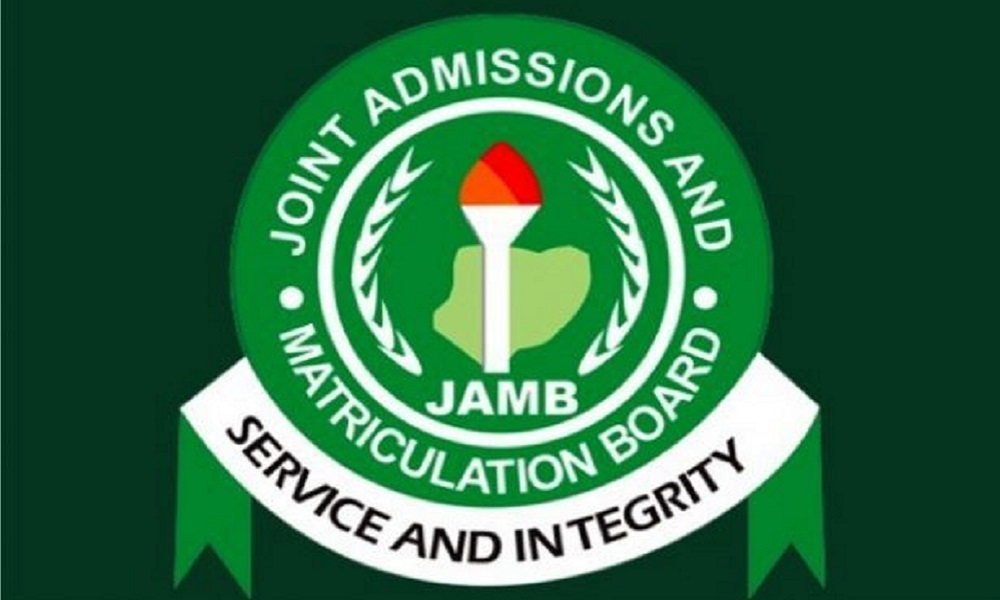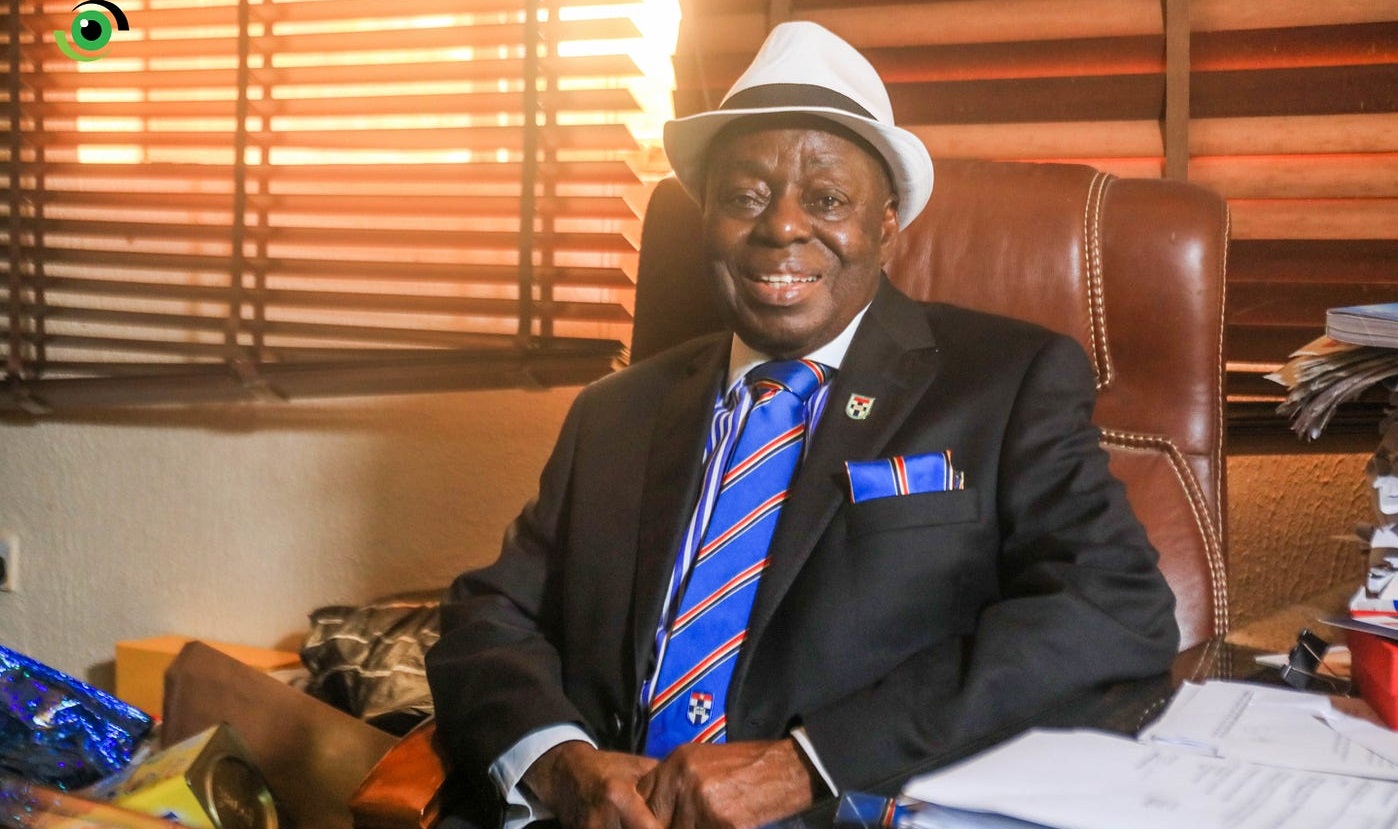News
Kano Assembly reverses dissolution of three emirates, downgrades emirs

By Francesca Hangeior.
The Kano House of Assembly on Tuesday passed a bill to reverse the dissolution of three emirates in the state but also downgrading their emirs from first-class to second-class status.
In May, the lawmakers amended the emirate council law of the state to scrap the emirates of Gaya, Rano, Karaye and Bichi and restoring Kano as the only emirate in the state.
The development, which saw the removal of all the five sitting emirs and the reinstatement of Lamido Sanusi as the emir of Kano, led to an ongoing crisis in the state and battles in the law courts.
On Tuesday, the lawmakers maintained the scrapping of Bichi emirate and restored the emirate of Gaya, Karaye and Rano but downgraded their emirs and reduced the number of local government areas under their domain.
This is significant as the constitution allocates five per cent of federal allocations to local governments to the traditional institutions in the areas.
The lawmakers said they took the first reading of the bill before embarking on a recess on 23 May, although this was not reported in the media.
The Speaker of the House, Jibril Falgore, presided over the plenary on Tuesday.
After the second and third reading of the bill, the deputy speaker, Muhammad Bello, moved for the adoption and passage of the bill.
The lawmakers approved the downgrading of the scrapped emirates to second-class emirates.
News
Govt releases power tariff hike guidelines for Discos

As controversies trailed the purported electricity tariff hike by the Federal Government, the Nigerian Electricity Regulatory Commission has issued regulations on the procedure for tariff reviews.
The latest order, signed by NERC Chairman, Sanusi Garba, stated that pursuant to the provisions of the Electricity Act 2023, the commission is obligated to review and approve a fair tariff to allow licensees to recover prudent costs and a reasonable return on capital invested in the business for the provision of electricity services.
It stated that Section 116(1) of the Act provides that activities in the generation, transmission, distribution, trading, supply, system operation, and electricity distribution franchising shall be subject to tariff regulation, saying Section 116(2) further provides for the commission to develop a tariff methodology that allows licensees operating efficiently to recover the full efficient costs of their business activities, plus a reasonable return on investments by shareholders.
“In exercise of the powers conferred in Section 116 of the Act, the commission has developed and adopted the Multi-Year Tariff Order Methodology as an incentive-based price regulation framework for the determination and projection of tariffs payable in the Nigerian Electricity Supply Industry,”
NERC stressed that the Multi-Year Tariff Order methodology provides for a major review of electricity tariffs every five years, during which all tariff assumptions are reviewed to ensure the industry’s viability and efficiency.
One year before the major tariff hike, the commission said it would issue a notice to all licensees about its intention while requesting them to submit applications for the review of tariffs supported with necessary documentation within 120 days of the notice.
“The commission shall, one year before the expiration of the major tariff review order in force or as may be considered necessary, issue a notice to all licensees about its intention to commence the process for a major review of the existing tariff. The notice shall be published in three national dailies and on the website of the commission.
“The Notice shall request for submission of applications for the review of tariffs supported with documentation that includes but not limited to audited financial statements, budgets, investment plans (in line with prevailing guidelines on Performance Improvement Plans), and proof of wide consultation with customers in the licensees’ service area concerning the proposed filing of the application for tariff review and any other information as deemed necessary by the commission,” the regulation stated.
The regulator said an initial review of the applications shall be completed and a consultation paper developed no later than 90 days after the deadline for the submission of the applications.
“The consultation paper developed by the commission shall outline the basis for the tariff review applications by the licensees including their proposals on capital investments, service improvements, new connections, loss reductions, reset of tariff assumptions if any, and possible impact on rates payable by the affected customers.
“The consultation paper shall be published on the commission’s website and public notices issued soliciting comments with a timeline of 21 days for submission by stakeholders. The commission shall within 90 days from the publication of the consultation paper review all comments and schedule and conclude a Rate Case Hearing, having regard to the stakeholders’ responses to the consultation paper,” the regulation stated.
It was stated that all comments and observations received from the public on the consultation paper and the Rate Case Hearing shall be examined and considered in the development of a draft tariff order for the consideration of the commission.
Upon due consideration of the outcomes of the general stakeholders’ presentation and the Rate Case Hearing, the commission said it shall consider and approve a Major Tariff Review Order within 30 days from the date of the Rate Case Hearing held at the commission.
“Any licensee whose tariffs have been reviewed shall communicate the outcome of the tariff review to its customers vide its website and other communication channels,” it said.
For monthly or minor reviews, the commission said it shall review the prevailing operating end-user tariffs and changes may be made thereto to account for changes in generation fuel costs, the Nigerian and United States inflation rates, United States dollar exchange rate to the naira, and average generation availability relative to the preceding month.
The commission also stated that it may, at its discretion, conduct a minor review of end-user tariffs at other short periods but no longer than six months.
The Special Adviser to President Bola Tinubu on Energy, Olu Verheijen, has said there would be an electricity tariff review in a few months.
Verheijen said the current N200bn monthly electricity subsidy benefits only the wealthiest 25 per cent, leaving the poor masses in the dark.
She said the government would put in place a subsidy system that works for the masses.
“Today, the Federal Government spends over N200bn per month on electricity subsidies, but much of this support benefits the wealthiest 25 per cent of Nigerians rather than those who truly need assistance. To address this, the Federal Government is working towards a targeted subsidy system to ensure that low-income households receive the most support. This approach will make electricity more affordable and accessible for millions of hardworking families,” she stated.
News
UTME 2025: JAMB suspends two centres for infraction

The Joint Admissions and Matriculation Board (JAMB) has suspended two of its centres for 14 days for allegedly uploading blank registration template.
The two centres are: the Federal College of Education (Technical) Potiskum Computer Based Test (CBT) Centre 2 in Yobe State and a CBT Centre at Otukpo in Benue State.
JAMB’s Spokesman Fabian Benjamin announced the suspension in a statement yesterday in Abuja.
The statement said the suspension was meant to warn CBT centres never to commit such actions again.
It also advised centres to ensure that all templates are accurately filled out before uploading.
“This suspension, which took effect on Tuesday, was as a result of procedural breach that poses a threat to security measures implemented to prevent infractions and to ensure the integrity of the information provided to the Board in case of any contestation.
“Candidates are required to manually fill in their details before uploading them to the registration portal. The template containing these details must also be uploaded as evidence of their choices and the information provided.
“However, some centres, despite being fully briefed on the implications of failing to adhere to these guidelines, chose to disregard them by submitting blank copies of the registration template in a misguided effort to increase candidate submissions.
“Any centre found uploading blank templates in the future will face cancellation and will be barred from participating in the Board’s activities,” the statement said.
The 2025 UTME registration began on February 3 and will be concluded on March 8.
News
Afe Babalola seeks salary raise, improved condition of service for doctors

The Founder of Afe Babalola University in Ado-Ekiti (ABUAD), Chief Afe Babalola (SAN), has urged government at all levels and other employers of doctors to consider giving them improved working conditions and better salaries.
The eminent lawyer said cleaners who work in hospitals in the Western countries earn more than Nigerian doctors.
Babalola spoke yesterday in Ado-Ekiti, the state capital, at the seventh induction ceremony of the ABUAD medical doctors by the Medical and Dental Council of Nigeria (MDCN).
Babalola, who bemoaned the poor remuneration of Nigerian doctors, noted that many doctors and nurses leave the country due to meager emoluments paid to them.
The ABUAD founder said the mass exodus of medical professionals has left Nigeria’s health system in a precarious situation.
He added that many public hospitals and healthcare centres were struggling to cope with the shortage of doctors, leading to a decline in quality of healthcare services.
Babalola urged the government to increase the salaries for doctors and ensure prompt payment as well as provide good working environment with modern facilities.
This, the legal luminary said, would help to stem the brain drain in the medical profession and encourage doctors to remain in Nigeria after completing their training.
He said: “The reason many Nigerian doctors and nurses leave this country after completing their training is because the emoluments paid in naira are much less than what cleaners in hospitals in overseas earn.
“Worse still, the doctors in many states and government hospitals have not been paid for many months. I, therefore, appeal to government to increase the salaries of doctors and ensure prompt payment.
“Finally, I congratulate the newly qualified doctors. On our part, we have fulfilled our promise of getting you qualified within the specified time. Do not lose hope, Nigeria will be better.”
-

 News18 hours ago
News18 hours agoUK faces labour scarcity, introduces new visa programs to attract international talent
-

 News18 hours ago
News18 hours agoTrump employs Musk as ‘special employee’ without salary
-

 Entertainment18 hours ago
Entertainment18 hours agoTinubu Hails Tems On Grammy Award, Applauds Other Nigerian Artists
-

 News17 hours ago
News17 hours agoHuman trafficking: Court slams 5 years jail term on Benedicta Usen
-

 News13 hours ago
News13 hours agoPresident Tinubu Declines Assent To Federal University of Education Bill
-

 News8 hours ago
News8 hours agoSEE list of States that will experience delayed rainfall in 2025
-

 News11 hours ago
News11 hours agoHunger forced me to sell my son N1.5m, mother tells police
-

 News15 hours ago
News15 hours agoHouse Pays Tribute to Late Deputy Whip, Onanuga, Adjourns Plenary










